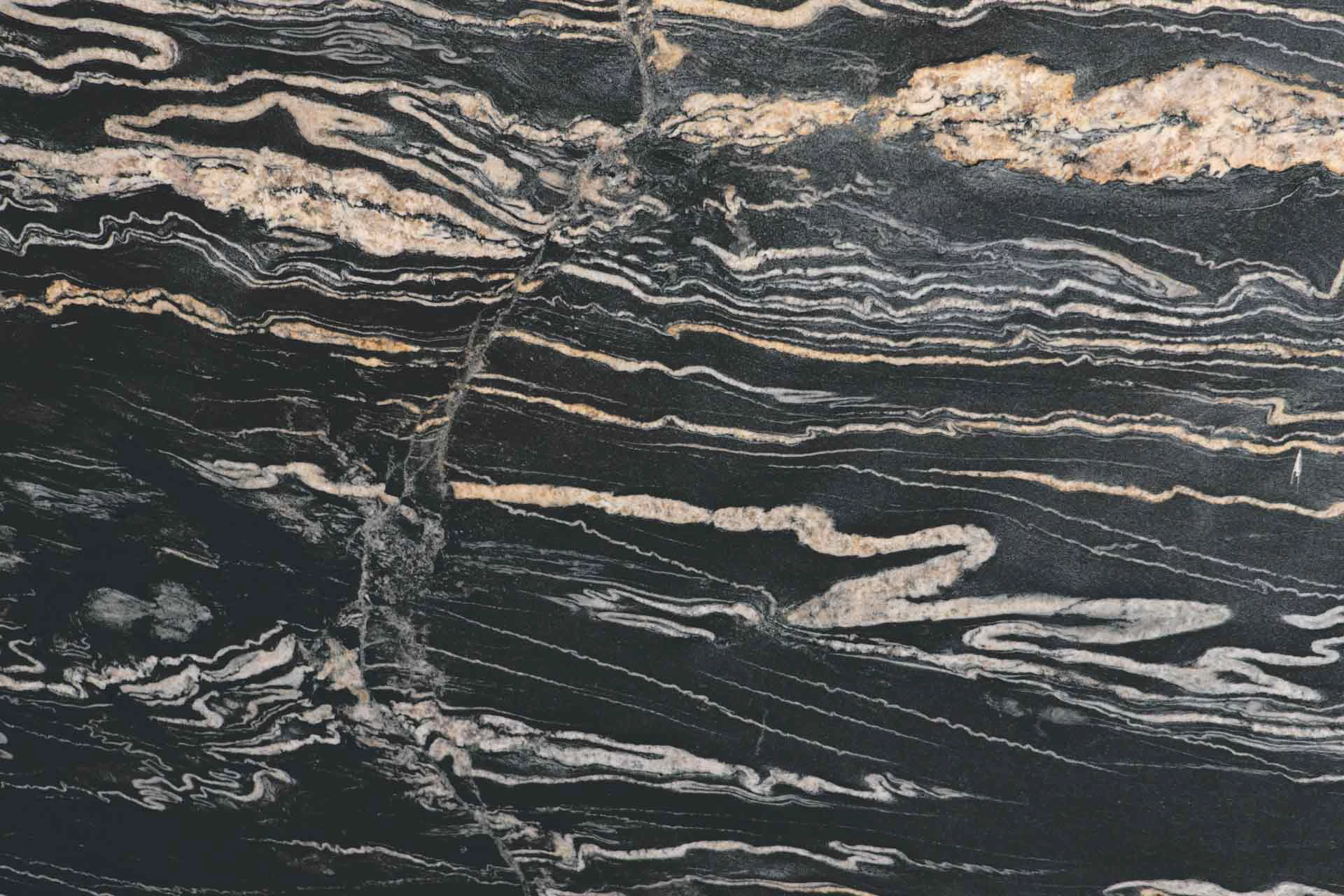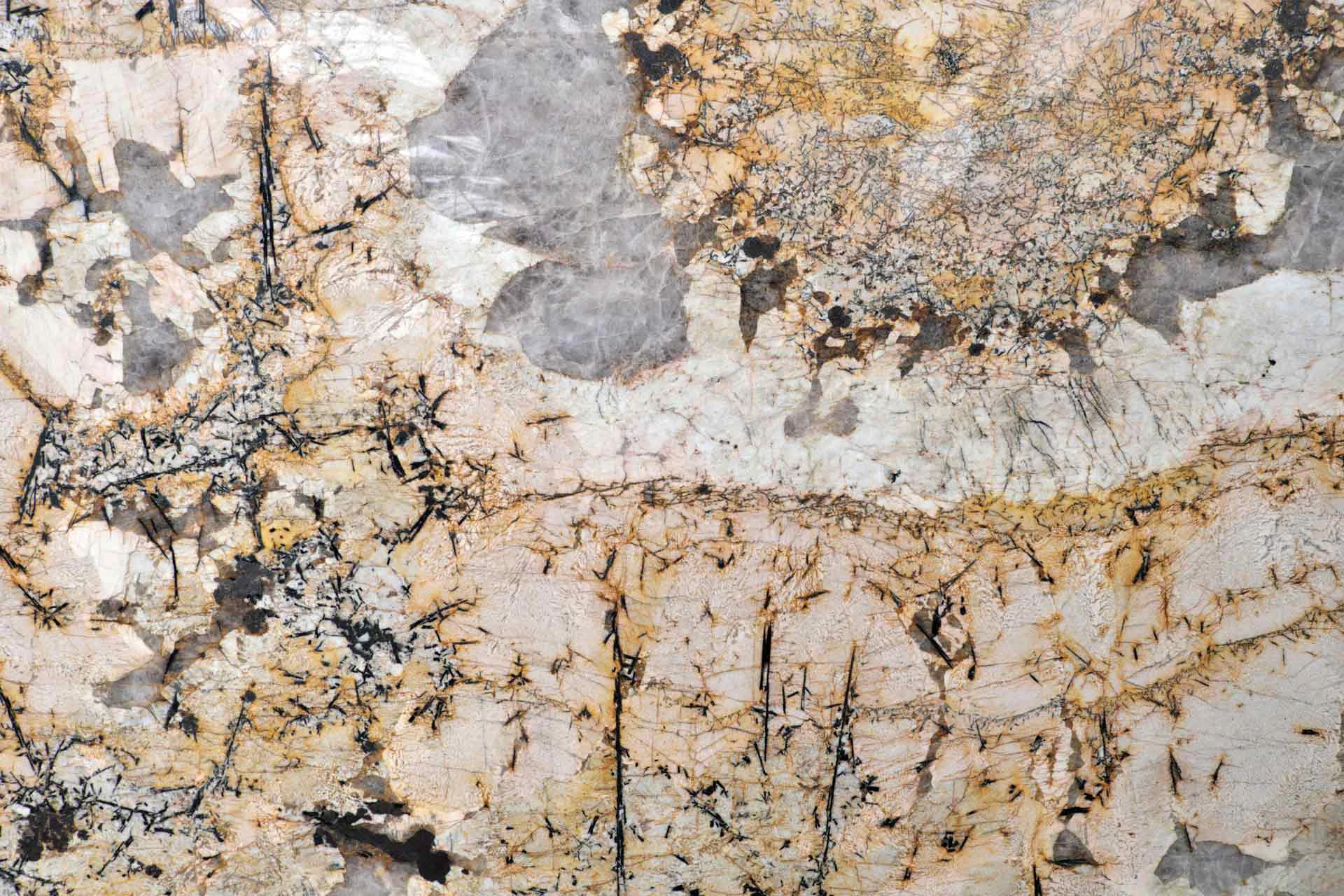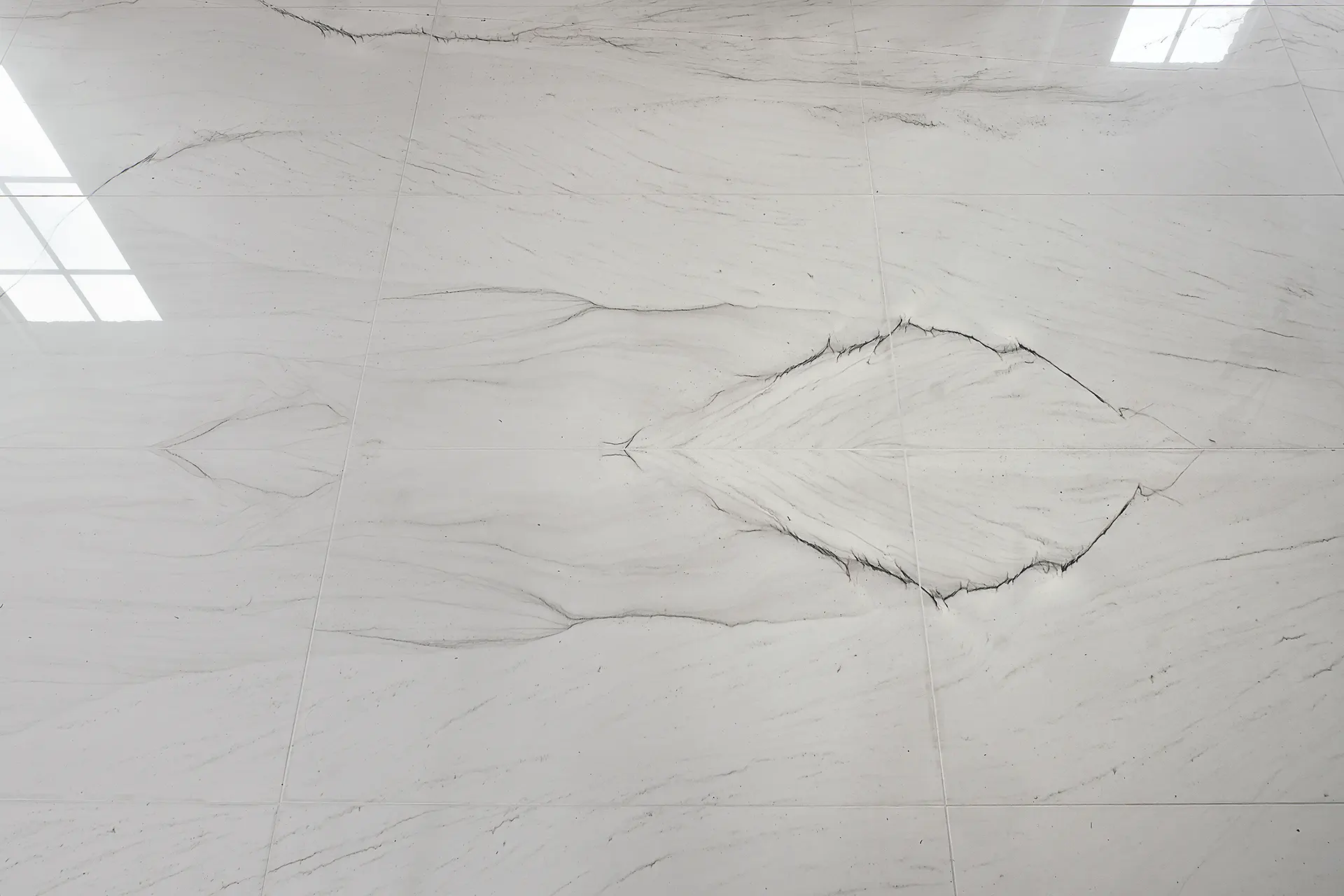Granite, gabbro, basalt lava, gneiss, quartzite and many more, they all belong to the family of hard rocks. Hard, robust and ideal for almost all indoor and outdoor applications. Whether for high-traffic floors or stairs, facades or pool surrounds, kitchen countertops or countertop installations, hard stone can be used anywhere. Most hardstones are characterized by homogeneous colors and texture.
Quartzites and migmatites, on the other hand, can have different colors and grains like marble. Hard stones are usually more durable than soft stones. Specifically, they can be used to create noble floor coverings, which are usually laid by us in a piece size of up to 3 m². This serves the particularly noble optics and a clearly reduced number of joints.


The stone sets important accents in the architecture and brings a significant increase in the value of the property. No second material can be combined so well with floor – / wall heating. Few joints due to large formats and robust surfaces simplify the maintenance of the household.
The sustainability of natural stone is reflected in several points. The stone is mined and processed with very little material loss. It is virtually not changed at all in its ingredients and requires significantly less energy for production than other building materials. Natural stone residues can be recycled easily and without any impact on nature. It is therefore environmentally friendly and, above all, durable.
The blocks, weighing up to 50 tons, are gang-formed into 2-3 cm thick slabs. The front and back sides of the raw slabs are then polished alternately. Thus, the numbered slabs are always a mirror image of the previous/subsequent slab.
Through elaborate planning and the highest precision craftsmanship, the mirrored grains are cut in such a way that all veins blend into each other as well as nature allows. This is how unique natural images are then created.
Hard stones can be used indoors and outdoors. Only very few quartzites are not suitable for outdoor use. You can find out more precise types and properties for the application of the various types of rock during a consultation with us.
Yes, they are largely resistant to weaker acids, alkalis or vinegar, so they are ideal for countertops or counter installations in the catering industry. They are insensitive to scratches and stains than soft stones.
In principle, yes! Of course, it always depends on the damage how much can be salvaged. Scratched surfaces can be repolished (although this involves more effort than with soft stones) and various types of stains can be removed. If a piece has broken out on an existing granite slab, for example, the fragments, if still present, can be glued back in. If the broken pieces have been lost, it is possible to fill smaller injuries or if larger pieces are missing, to glue them with an equal/similar material.

The colorful quartzites are enjoying an ever-increasing demand. Grained natural stones look particularly beautiful in the interplay of the natural structure. For this purpose, the stone is cut and laid in the structure pattern, known in technical jargon as open book/mirror cut, so that the viewer experiences the unique grain of the stone in its entire length.

Robert Radermacher AG
Pützhag 18
4730 Raeren
Belgium
info@marmor-radermacher.com
Tel: +32 87 85 80 00
Fax: +32 87 85 80 08
Mo-Fr: 07:30 – 17:30
Sa: On appointment